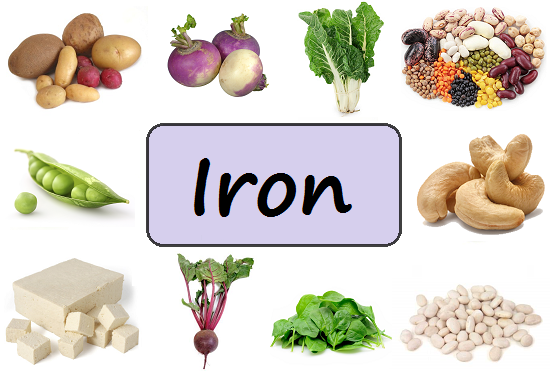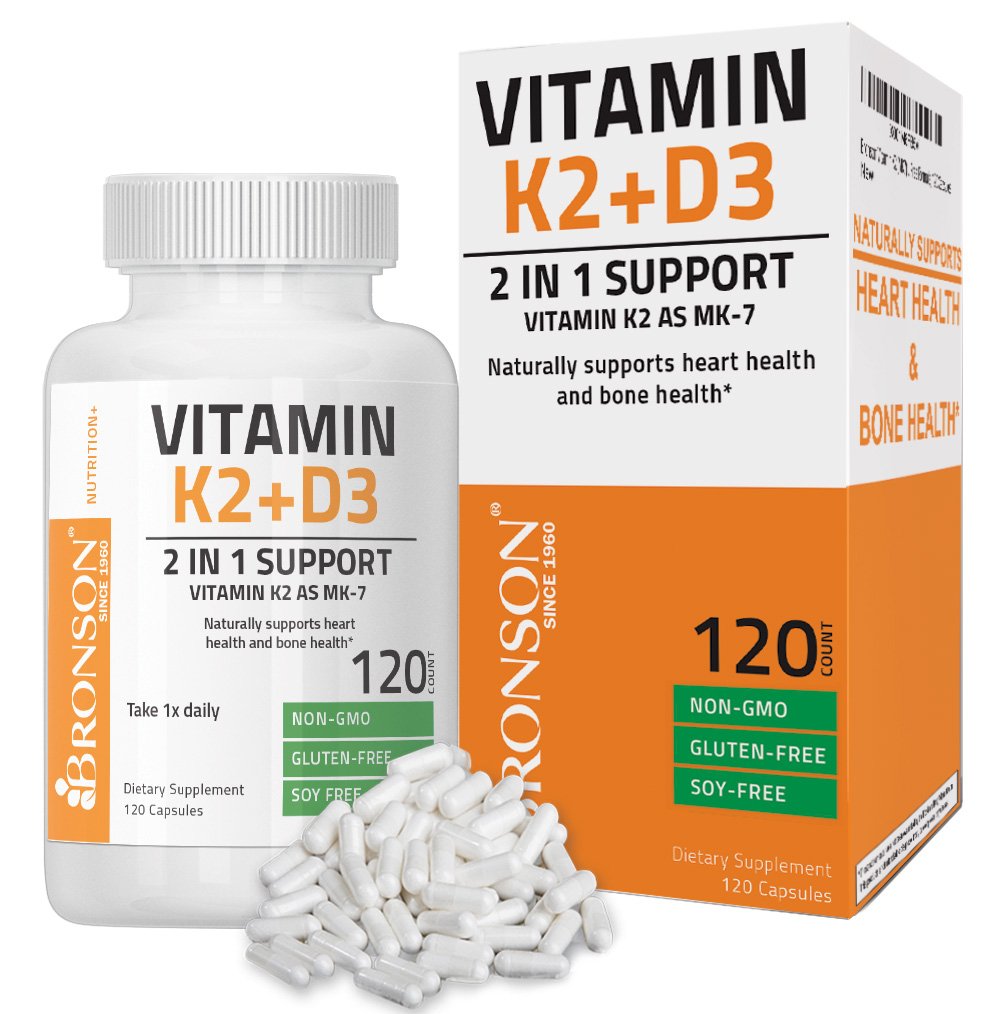Iron is a crucial mineral that plays a vital role in maintaining various physiological processes within the human body. As one of the essential nutrients, iron is responsible for carrying oxygen to cells, supporting metabolism, and aiding in the production of several vital enzymes and proteins. In this comprehensive guide, we will explore the myriad benefits of iron, its impact on overall health, and the recommended dietary intake.
Oxygen Transport and Hemoglobin Production
One of the primary functions of iron is its role in oxygen transport. Iron is a key component of hemoglobin, a protein found in red blood cells responsible for carrying oxygen from the lungs to all body tissues. When we breathe in, oxygen binds to hemoglobin in the lungs and is transported throughout the body via the circulatory system. Without sufficient iron, the body cannot produce adequate hemoglobin, leading to a condition called iron deficiency anemia. Fatigue, weakness, and reduced cognitive function are common symptoms of anemia.
Energy Production and Metabolism
Iron is a critical element for energy production within cells. It is an essential component of various enzymes involved in the metabolism of carbohydrates, fats, and proteins. These enzymatic reactions help break down nutrients into usable energy forms that the body can utilize for various physiological functions. Insufficient iron levels can lead to a decreased metabolic rate and reduced energy levels, affecting overall physical performance and cognitive abilities.
Immune System Function
Maintaining adequate iron levels is crucial for a robust immune system. Iron plays a vital role in the function and proliferation of immune cells, including lymphocytes and macrophages. These immune cells help defend the body against pathogens and infections. Iron deficiency can weaken the immune response, making individuals more susceptible to infections and compromising their ability to fight off illnesses effectively.
Cognitive Function and Brain Health
Iron is essential for proper brain development and function. It is involved in the synthesis of neurotransmitters such as dopamine, serotonin, and norepinephrine, which play critical roles in mood regulation, memory, and cognition. Research has shown that iron deficiency in early childhood can lead to cognitive impairments and affect learning abilities. In adults, iron deficiency has been linked to cognitive decline and an increased risk of neurodegenerative diseases.
Muscle Function and Performance
Iron is necessary for maintaining healthy muscle function and performance. It is involved in the synthesis of myoglobin, a protein found in muscle cells that stores and transports oxygen within the muscles. During physical activity, muscles require a steady supply of oxygen, and myoglobin facilitates its delivery. Adequate iron levels are essential for optimal muscle performance and endurance.
DNA Synthesis and Cell Division
Iron is critical for DNA synthesis and cell division. It is a component of various enzymes involved in DNA replication and repair. Proper cell division is necessary for growth, tissue repair, and overall development. Insufficient iron levels can disrupt these processes and lead to abnormal cell growth, impairing the body’s ability to regenerate and repair tissues.
Regulation of Body Temperature
Iron plays a role in regulating body temperature. It influences the production of thyroid hormones, which are involved in controlling the body’s metabolic rate and heat production. A balanced iron level ensures that the body can efficiently regulate its temperature, preventing issues such as hypothermia or heat intolerance.
Healthy Pregnancy and Fetal Development
During pregnancy, iron requirements increase significantly to support both the mother and the developing fetus. Iron is essential for the formation of additional blood volume, placenta, and fetal tissue growth. Insufficient iron during pregnancy can lead to complications such as preterm birth, low birth weight, and developmental issues in the baby. Pregnant women are often advised to take iron supplements to meet their increased iron needs.
Recommended Dietary Intake
The recommended dietary intake of iron varies depending on age, sex, and specific life stages. For adult men and postmenopausal women, the recommended daily intake is around 8 milligrams (mg). However, premenopausal women and individuals with increased iron requirements, such as athletes, may need higher amounts, typically around 18 mg per day. Pregnant women require approximately 27 mg of iron daily.
Iron can be obtained from both animal and plant sources. Animal sources, such as red meat, poultry, and seafood, provide heme iron, which is more readily absorbed by the body. Plant sources, including legumes, whole grains, nuts, and leafy green vegetables, offer non-heme iron, which is not as efficiently absorbed. Consuming iron-rich foods along with foods high in vitamin C, such as citrus fruits or bell peppers, can enhance iron absorption.
Conclusion
Iron is a vital mineral that plays numerous essential roles in the body, including oxygen transport, energy production, immune function, cognitive health, muscle performance, and more. Maintaining adequate iron levels through a balanced diet is crucial for overall well-being and optimal functioning of various physiological processes. If you suspect an iron deficiency, it is advisable to consult with a healthcare professional who can assess your condition and recommend appropriate interventions, including dietary changes or supplementation.
- Benefits of Alpha Glyceryl Phosphorylcholine Nootropics - November 6, 2023
- The Comprehensive Guide on the Benefits of Iron - July 13, 2023




